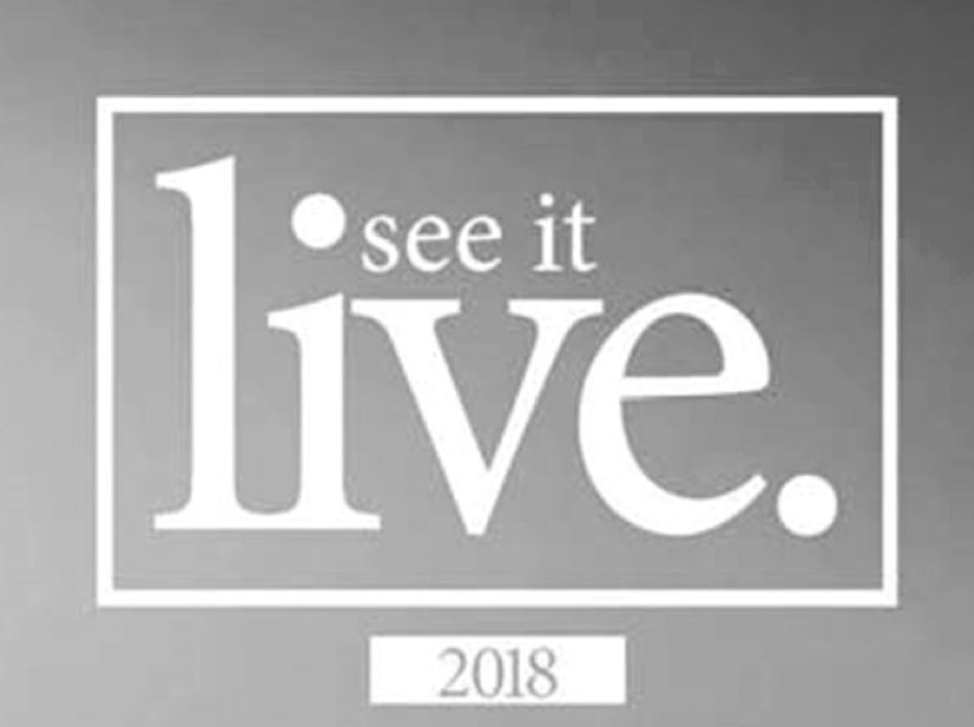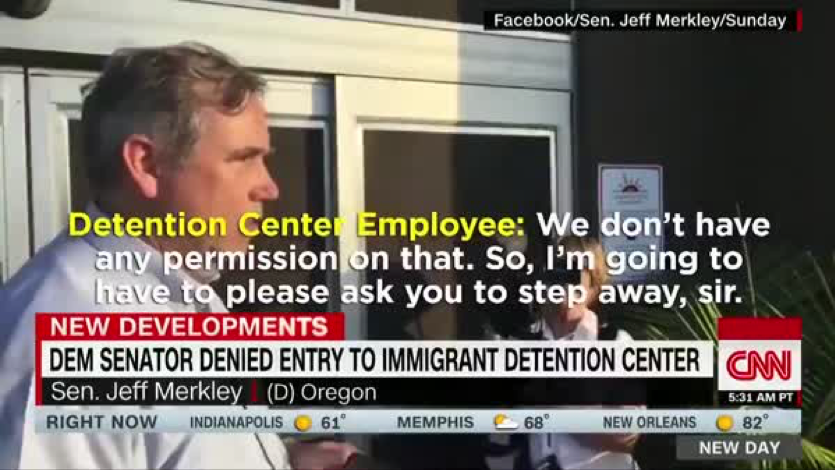Everyone loves the story of a daring art robbery with keystone cops, priceless paintings, a colorful cast of characters, a famous museum, an eccentric collector, and an unresolved ending–as mysterious as an M.C. Escher print.

In literature there are many examples of stories that deliver that mixture of art, crime and mystery – The Art Thief, The Raphael Affair, The Art Forger, and The Faustian Bargain. On the screen, it’s difficult to top Steve McQueen as the art collector and Faye Dunaway as the insurance investigator in Version I of The Thomas Crown Affair, or better yet Pierce Brosnan and Rene Russo in the updated Version II. Check ‘em out. They’re still cliff hangers.
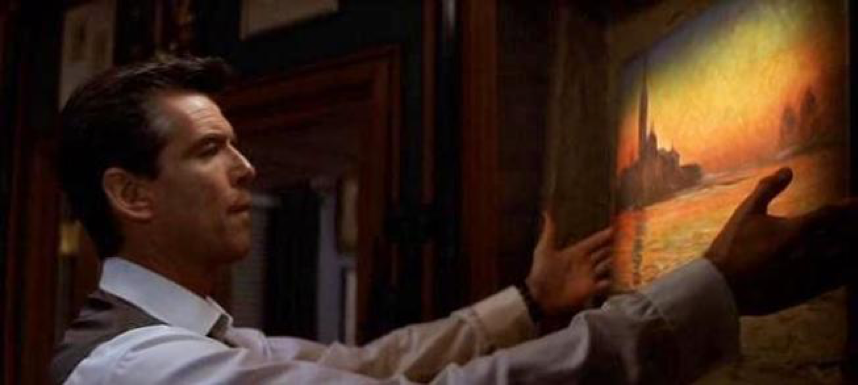
But, nothing beats the real deal… and perhaps the most surprising real deal heist took place on August 21, 1911, when three employees lifted a little-known painting off the wall of the Louvre, hid all night in a closet, and walked out the door in the morning with the painting hidden under a worker’s smock. Two years later, the ringleader tried to shop it to an art dealer who blew their cover, called the police, and returned the Mona Lisa to the Louvre. Today, La Gioconda is widely regarded as the world’s most famous painting and its theft would land the thief in jail for life. In 1911, it was just a missing painting and the feckless Louvre employee went to jail for seven months.

There have been a number of famous art thefts in addition to the Mona Lisa, including the Ghent Altarpiece (several times), several Van Gogh, Picasso, and Gaugin paintings taken from the Whitworth Art Gallery in Manchester later discovered in an abandoned lavatory (waggishly called The Loo-vre) and the highly publicized 2004 theft of Edvard Munch’s The Scream and Madonna from the Munch Museum in Oslo.
It’s difficult to handle stolen art. It can’t be sold on the open market and has to remain hidden from the public. Nevertheless, it’s a temptation that keeps criminals scheming and insurance companies raising rates. The one that has them all baffled took place in Boston in 1990 and to this day remains unsolved
The Heist, as it is commonly known, is the biggest art theft in history and took place on 18 March 1990 in the 81 minutes beginning at 1:24 a.m. when two men dressed as Boston police officers “responding to a disturbance” gained entrance to Boston’s Isabella Stewart Gardner Museum, tied up the two night guards, and systematically looted the museum.
It’s remarkable that the thieves have never been caught and none of the 13 works of art, including a Vermeer (below), two Rembrandts, a Manet, and five Degas drawings have never been found. In 1990 the value of the stolen art was pegged at $500,000,000. In today’s dollars, adjusted for inflation the figure is $977,494,052.34. Almost one billion dollars…
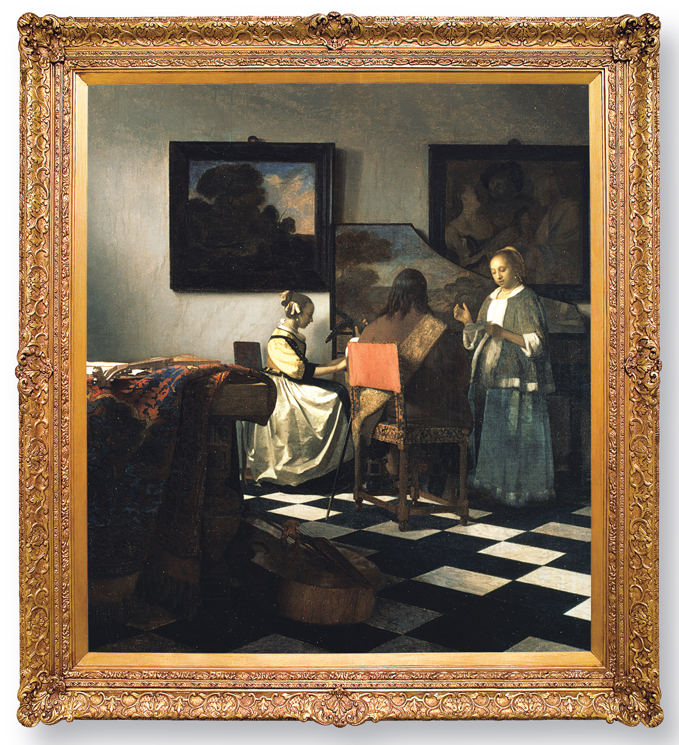
In January, the museum renewed its offer of a $10,000,000 reward for information leading to recovery of the art. In 2013 the FBI asserted that they knew the perps but that they were both dead. The statute of limitations ran out in 1995, and it remains a black hole mystery.
Despite its notoriety as the biggest property theft in US history and the fact that there is a full length documentary and book about it as well as an active FBI web page devoted to it, the museum’s staff is not allowed to discuss the heist with visitors except to note that empty frames on the walls of the museum stand in place to remind the visitor of the missing art that once hung there.
Here, M stands next to the frame that held Rembrandt’s The Storm on the Sea of Galilee, his only known seascape (shown as it was, on the right).
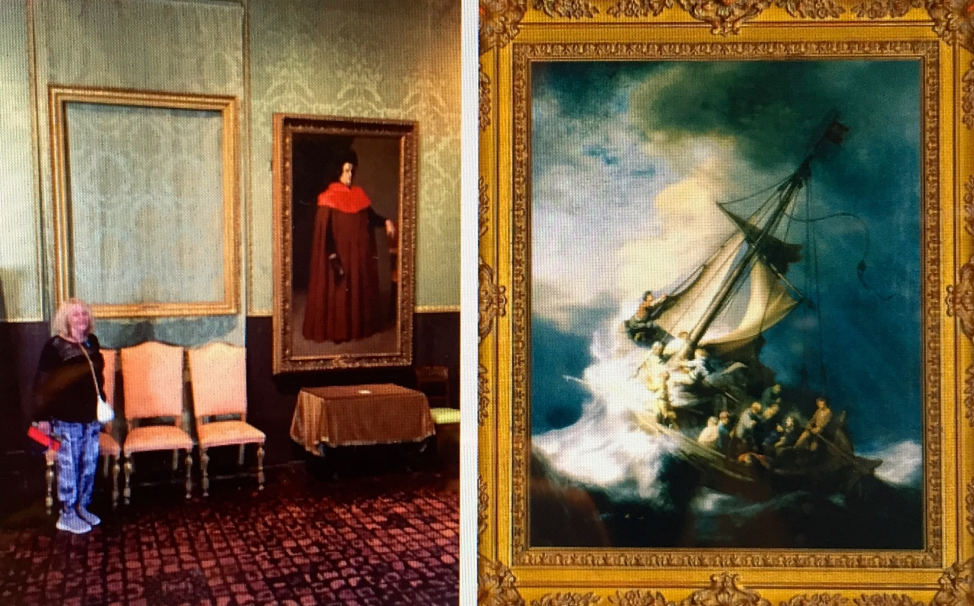
The heist might be the only thing people know about the Gardner, but it’s no more noteworthy than the museum itself. Isabella Stewart Gardner was an eccentric woman of the Gilded Age, part of the Boston circle that included John Singer Sargent, Henry James, and Edith Wharton. She traveled extensively in Europe, was widowed at 58, and for the remainder of her life devoted herself to building one of the great American art collections housed in the Venetian-style palazzo she designed and lived in on the Fens in Boston.

Mrs. Gardner’s home/museum is an eclectic mix of ancient artifacts, personal letters, Flemish tapestries, and Renaissance master’s paintings guided and curated by Bernard Berenson. When she died she instructed her heirs to maintain the collections as she had arranged them in the palazzo. The result is a delicious, crowded, poorly lit, treasure hunt, difficult to navigate but worth every minute. In 2012 a modern addition was added, not to house the art but to provide administrative, conservation, retail, and restaurant space. It shouldn’t work, but it does.

What could possibly have happened that night in 1990 at the Gardner? Where is the missing art? Twenty-eight years later there are many theories about who could have masterminded the robbery–from employees and police accessories, to Whitey Bulger, Mafia goons, Euro-thieves, a Vatican operative, IRA terrorists, greedy billionaires and oil rich Middle Eastern emirs.
Like the DB Cooper mystery, the Gardner heist has achieved mythic stature. The difference is that DB Cooper disappeared with a suitcase full of cash not 13 priceless one-of-a-kind art treasures. Consensus is that the thieves are dead, but like others I keep hoping the paintings will be recovered and back in their respective places on the walls of the Isabella Stewart Gardner Museum in Boston. One can only hope.







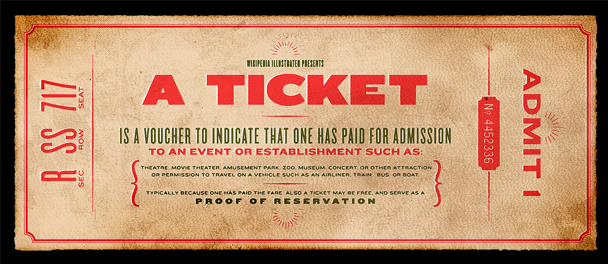
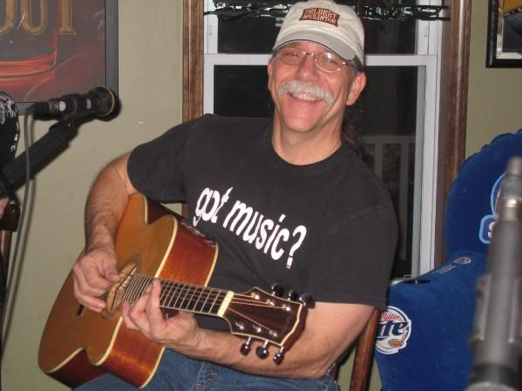 As noted above, there is an immense about of talent in the world, and when Steve Piper, the guy nobody’s ever heard of, opened his set with a 12-bar blues run and the first verse of Sweet Home Chicago I knew we were in its presence. I didn’t talk with him, so I don’t know if he makes his living as a musician or pounds nails on a local construction crew, but he was good and it was a treat to listen to him play and sing. We stayed for two sets as he covered John Prine’s Angel From Montgomery, some Stevie Ray Vaughan, and one or two of his own songs. Good stuff… and live.
As noted above, there is an immense about of talent in the world, and when Steve Piper, the guy nobody’s ever heard of, opened his set with a 12-bar blues run and the first verse of Sweet Home Chicago I knew we were in its presence. I didn’t talk with him, so I don’t know if he makes his living as a musician or pounds nails on a local construction crew, but he was good and it was a treat to listen to him play and sing. We stayed for two sets as he covered John Prine’s Angel From Montgomery, some Stevie Ray Vaughan, and one or two of his own songs. Good stuff… and live.
